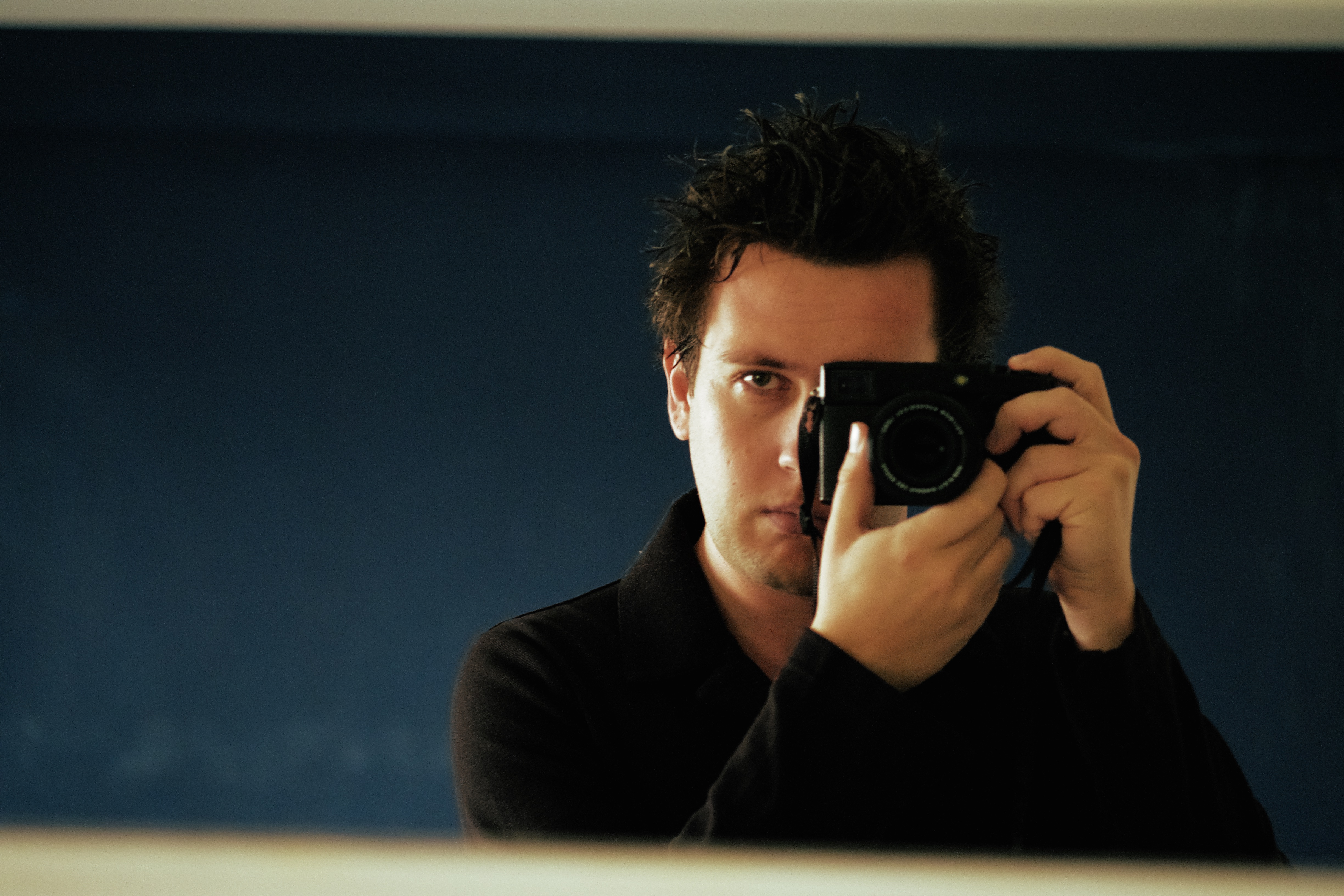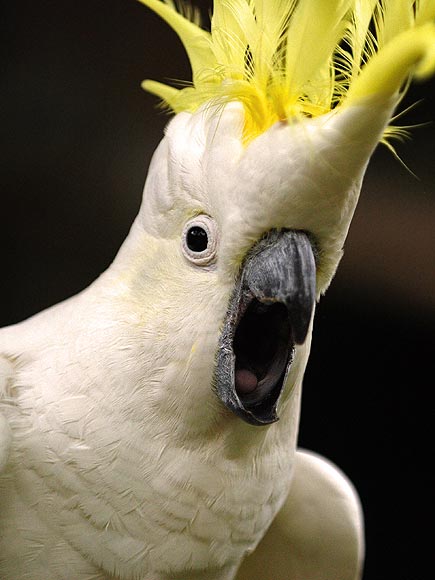A bill to alter the constitution and enable the Indigenous voice has passed the federal parliament ahead of Australia’s first referendum in 24 years to be held later in 2023.
The Senate passed the bill on Monday 52 votes to 19, confirming the wording of the constitutional change to be put to the Australian people. The draft legislation passed the lower house last month.
I’m voting yes because I don’t want to empower the subset of “No” voters who will take a “no” win as a sign that Australia approves of their racism views and become a louder voice in political discussion.
But I don’t believe the voice to parliament will be useful in anyway or something we want to lock into our constitution till the end of time.
I’m open to civil discussion with anyone here to convince we the voice to parliament is actually a good thing. Or indigenous sovereignty in general. Not convinced in that either.
I’m in a similar vein, and as of yet I’ve still yet to hear a convincing argument as to why this body is different from the multitude of other advisory bodies the government has, and will continue to soundly ignore, or why a well-funded statutory body can’t achieve the same role.
Racists will claim anything other than a 100% yes vote as a ‘win’ so don’t let their backwardsness stake a claim in your mind.
I’m not in anyway a representative for the ‘Voice’ campaign, so I’m happy to be corrected by anyone who’s more informed (or actually involved!), but you’ve asked some pretty valid questions that we should be discussing.
So here’s my 2c worth.
What can the Voice do anyway?
There have been a number of Aboriginal advocate groups since the beginning of the 20th Century. Some of these have been pretty influential and have gone a long way to achieving important milestones in recognition of Aboriginal & Torres Straights people.
Some of these include the establishment of NAIDOC week (most schools and communities do something for this - but it was established almost 70 years ago!). Some of these include really seemingly simple things like welfare pr making sure funeral needs are met in communities (imagine living in your home country and the government wouldn’t let you farewell a dead family member because a cremation or burial is ‘against the rules’…some of the issues have been this basic). And of course some include monumentally significant things like advocating for changes made by the the 1967 referendum.
So there is a significant history of Aboriginal Advocate groups pushing for advancement, making sure basic needs are met, promoting changes to reduce issues with alcohol, etc. All good things, but with a long way to go I’m sure everyone would agree.
So if an advocacy group can do all that, why the hell do we need to change the constitution?
Probably the crux of the issue. The problem with advocacy groups to date is that they have been constantly attacked or undermined by government on various levels. Here’s some examples:
- Australian Aboriginal Progressive Association (AAPA) - strong evidence the organisation was broken up through the combined efforts of the NSW Aborigines Protection Board, missionaries, and the police.
- National Aboriginal Consultative Committee - plagued by tensions fueled by the opinions of non-Indigenous advisors to the government (Fraser coalition government).
- The Aboriginal and Torres Strait Islander Commission - basically broken up by Howard.
Like any government bureaucracy the formal bodies had to deal with various tensions - but, that’s like the whole purpose of politics right? If everything was a perfect and straightforward process we wouldn’t need any politicians. I’m sure there were legitimate concerns with a number of these bodies, but the point is that when they became inconvenient they were given the boot (usually by one particular party). Another thing to note is that we’ve now got about 100 years of learning on what works and doesn’t work with this type of Aboriginal advocate body.
Given this history and the lack of trust generated by some of the interventions like in the Howard years or Abbotts ‘all talk no action’, Aboriginal people are pretty jaded by the idea of ‘yet another body to dismantle’.
So what’s being proposed in the constitution is the need for the government to consult with the Voice on legislation affecting Aboriginal people. It’s not enshrining a particular composition or remit, because experience shows that needs to be tweaked even as the issues shift.
Anyway, like I said, I only really know enough to scape the surface of the issues. But we rarely seem to get any discussion on “why” other than “it’s better than the racists having a field day”, so I hope this helps.
So what’s being proposed in the constitution is the need for the government to consult with the Voice on legislation affecting Aboriginal people.
No it doesn’t. All it does is setup the body, and declare that it “may make representations to the parliament and the executive government.” The imperative is on the body to make representations, not the government to do anything.
The word “representations” in this context is also a legal word that doesn’t carry much weight. They’ve specifically avoided using the word “consultation” which legally means they’d be liable for not listening to the advice. Currently any citizen may make representation to the parliament and government. They’re not actually giving the voice any real status.
This is the actual text going into the constitution.
Chapter IX Recognition of Aboriginal and Torres Strait Islander Peoples
129 Aboriginal and Torres Strait Islander Voice
In recognition of Aboriginal and Torres Strait Islander peoples as the First Peoples of Australia:
There shall be a body, to be called the Aboriginal and Torres Strait Islander Voice;
The Aboriginal and Torres Strait Islander Voice may make representations to the Parliament and the Executive Government of the Commonwealth on matters relating to Aboriginal and Torres Strait Islander peoples;
The Parliament shall, subject to this Constitution, have power to make laws with respect to matters relating to the Aboriginal and Torres Strait Islander Voice, including its composition, functions, powers and procedures.
Great insight, thank you
deleted by creator
Anyone but I don’t think it would affect anyone but first Australians. I think everyone in Australia deserves the same rights. Having a seperate or parallel legal system/government doesn’t seem like a good idea. What if they have some backwards ideas on the rights of women, the lgbt or on corporal punishment.
To be fair I haven’t looked to see how it works in other countries with the similar First Nations issues, but the Indian Reservation system in the US doesn’t seem like something to copy.
The argument that they never conceded defeat doesn’t hold much water with me; it was an assimilation that’s not how that works.
deleted by creator
What a strange assumption to make. Why would Indigenous Australians be any different in this regard? This sounds like some flawed “white knows best” thinking.
These are contemporary modern issues too. Plenty of the rest of Australia have backwards beliefs on these issues. Our society has only made progress on these issues in the last decades. Other contemporary societies haven’t made any progress on these issues. (See the Middle East or Africa.)
I would like to take a moment to acknowledge this argument does lear close to white-supremacists white-society arguments. I don’t think race has anything to do with it. I think economics do. Prosperous societies become more liberal. Western society has just been the most prosperous society in the last few hundred years. Previous nonwestern societies have had periods of liberalism during prosperous times (see the Middle East). I think this is also an argument that giving sovereignty to non-prosperous regional communities is a bad idea.
The elders of 70 aboriginal communities delivered a petition against gay marriage to the government.
Corporal (and capital) punishment was used in aboriginal lore.
Your “white knows best” comment reeks of moral relativism. And while I’m not a moral realist you’d be pushing shit uphill to win an argument against individual rights.
deleted by creator
No I didn’t ? I specifically called out that this exists in modern Australian society? I provided examples of indigenous issues so you couldn’t accuse me of making this out of whole cloth.
I don’t think every aboriginal community will have these issues. I think it’s a bad idea to have multiple (hundreds of) smaller governments where these issues could pop up. Every Australian deserves the same and the best rights we can give them. Our job isn’t done in that regard and it would be a backward step to allow small communities to “decide for themselves” in these regards.
deleted by creator
I don’t think it makes sense to vote for something you don’t believe in just because others you disagree with will make the same vote.
I can see where you’re coming from. But a no vote will make australia a shittier place for our nonwhite members. So I don’t see it as voting for the voice, I see it as voting not to empower racist shitheads. Voting yes will at least not make the situation worse.
One step closer!
fuck yes!
I’m excited for it.
Personally I see it in a much wider context and care very little about the detail. I understand people care about the detail, but to me they miss the point. In my view the referendum on the voice is a simple stepping stone and exercise in us “the establishment” giving up power to those that should have more. It’s a litmus test.
Having read a bit about the statement from the heart, the fronteir wars, push for treaty and sophistication of indigenous culture I see justice as a significant motivation. but beyond that, I primarily see the voice as an action towards a version of Australia where we are all immensely proud of the indigenous culture that flows through the veins of this land.
I mean how good would it be to break the corporate shackles of the ‘bunings snag’ and and hold up our indigenous culture as the cornerstone of Australian identity?
How good would it be to live in a society where a kid can stand up in class and be as proud of their indigenous heritage as a kid can currently regarding their heritage as a bush ranger or a convict?
The ‘debate’ over the voice is showing we’re a long way from that. But yeah, I’m excited by the prospect we might get closer.
Highly recommend listening to Noel Pearson’s Boyer lectures (can be found on ABC audio)- he makes some excellent points about why recognition for First Nations people is so vital. I will be voting Yes in the referendum.
It is how racism becomes enshrined in law. Vote no, before it is too late.
There is nothing wrong with disagreeing with people, however, it is difficult to see how this could lead to an insightful discussion. Please consider expanding upon your thoughts if you wish for insightful discussion to follow.
It’s not racist. There’s no detriment to anyone. I will agree I don’t want this in the constitution for hundreds of years when it’ll be meaningless eventually. But it isn’t racist.
The voice to parliament isn’t about race, it’s about ensuring that the traditional owners have constitutional right to advise parliament.
I have family in the yidingi in Cairns. It’s a separate nation, as are all the aboriginal nations.
There are many separate nations.
My family member was just last week asking me how the hundreds of other nations will all agree and find a common ground. I had no answer as, just like he said, there is no one aboriginal nation, rather many individual nations.
One group of people from a nation or two, or ten even, can’t make a decision for all aboriginal nations. That was his take anyway.
So he’s voting no.
I am not aboriginal. I don’t have full info on what the decision means. So I have no idea how I can vote either way.
Transparency is important. Inclusion of, and working with all aboriginal nations is also important.
…silly duffer, the constitution already empowers the government to make laws about race (s 51 xxvi). This power has been used regularly against Indigenous Australians.
Or is it only racist when it’s against white people?
Any differential treatment based on race is racism. Only way to stop it is not having it mentioned anywhere in the law. We need to stop this practice not enshrine it.












